Ranjit Kher left the corporate life for one at the farm. Here’s Ranjit walking me through his decision to go back to his roots and his love for Marwari Horses!
The Barn House is Ranjit’s passion: a working farm where he feels most alive. If you visit The Barn House, you will know how involved he is. To him, this is home.
Here’s Ranjit walking me through his decision to go back to his roots and his love for Marwari Horses!
1] You gave up the corporate life to switch to farm life. What drove this decision?
Ranjit: I have always been an outdoor person from the beginning and always had a connection with the farm life. Getting my hands dirty is second nature. Being in an open environment amidst a great environment is a very enriching and rewarding proposition. It’s unfortunate that most people don’t think so… my decision had more to do with not wanting to do anything in the corporate environment. I had had my share of presentations, sales pitches, MIS reports and documents that in my mind don't really add value to a business.
Things are looking up for organic farming and for all those who can get it right, it is a great opportunity.
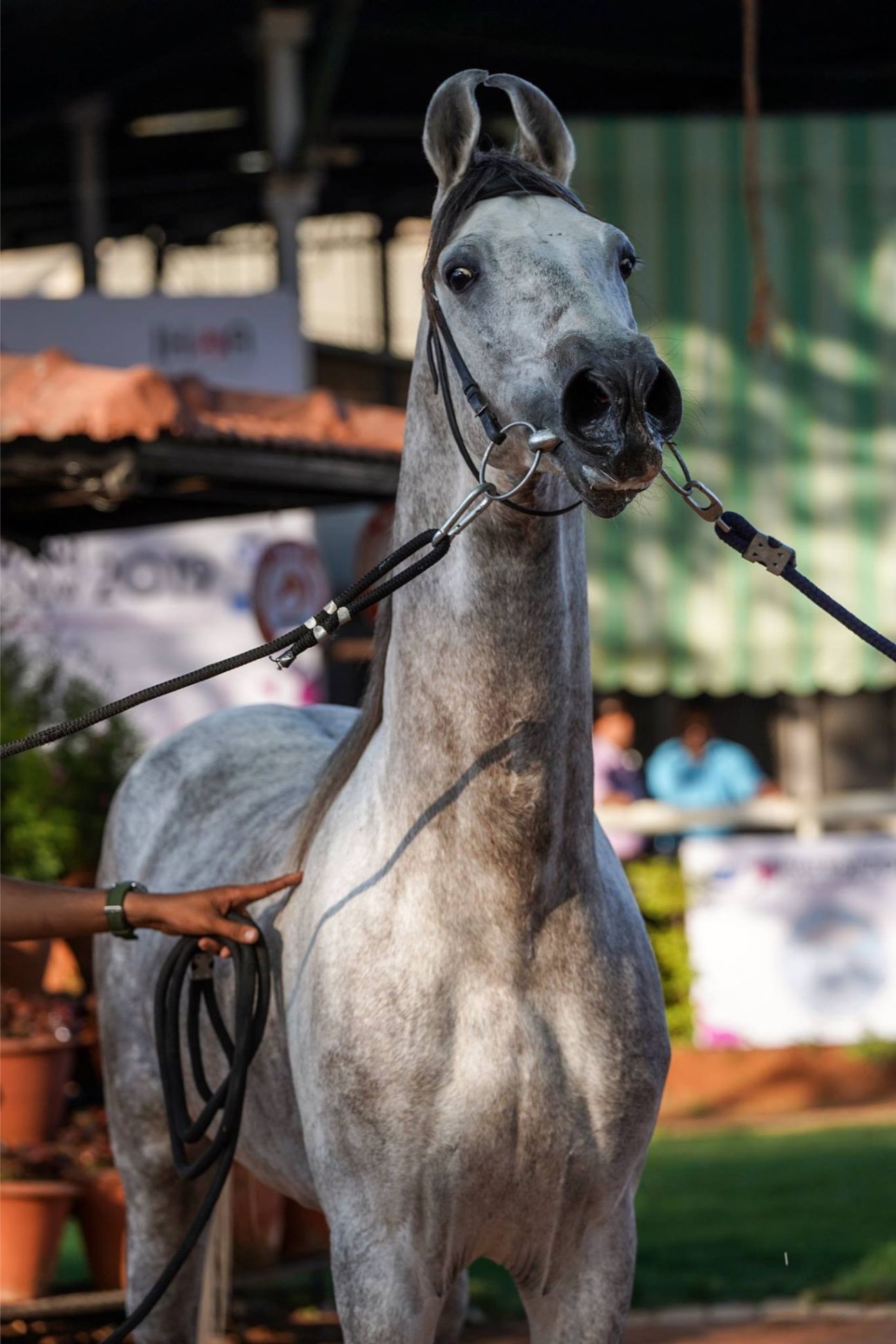
In many Indian states, horse breeding is a source of secondary income.
Horse breeding in Rajasthan, Gujarat and Punjab has been in practice for a long, long time, and there are families preserving traditional lineages. It’s an additional source of income as well and good quality horses can fetch a decent price.
People in Maharashtra should look at this and get an impetus from the government.
The Bhimtadi pony is part of our history and heritage; precious little has been done to revive the breed.
2] Have horses always been a part of your life? What made you fall in love with them?
Ranjit: I have been exposed to horses as a child and was always enamoured by their sheer beauty. I have close friends who are in the horse business. A friend’s dad was the one who got me my first two horses; another friend is an established trainer in the country. I learnt to ride at the NDA and have been riding at my farm for over 2 decades. I used to have retired racehorses until I got my first lot of Marwari horses again from a very dear friend 3 years ago.
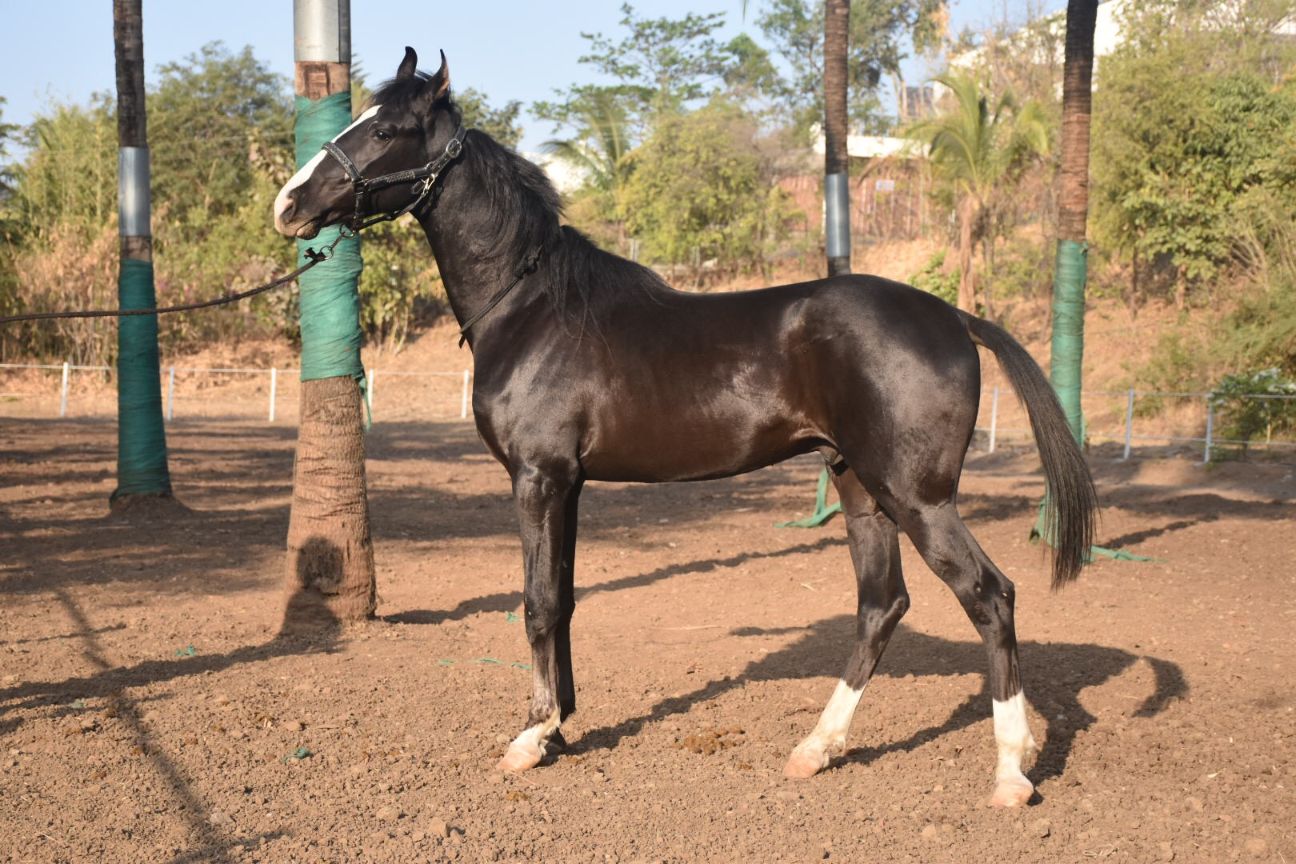
3] What horses do you have at The Barn House?
Ranjit: All my horses at the farm are Marwari horses except for a teaser that is a mix between a Shetland and a Shepherd’s pony!
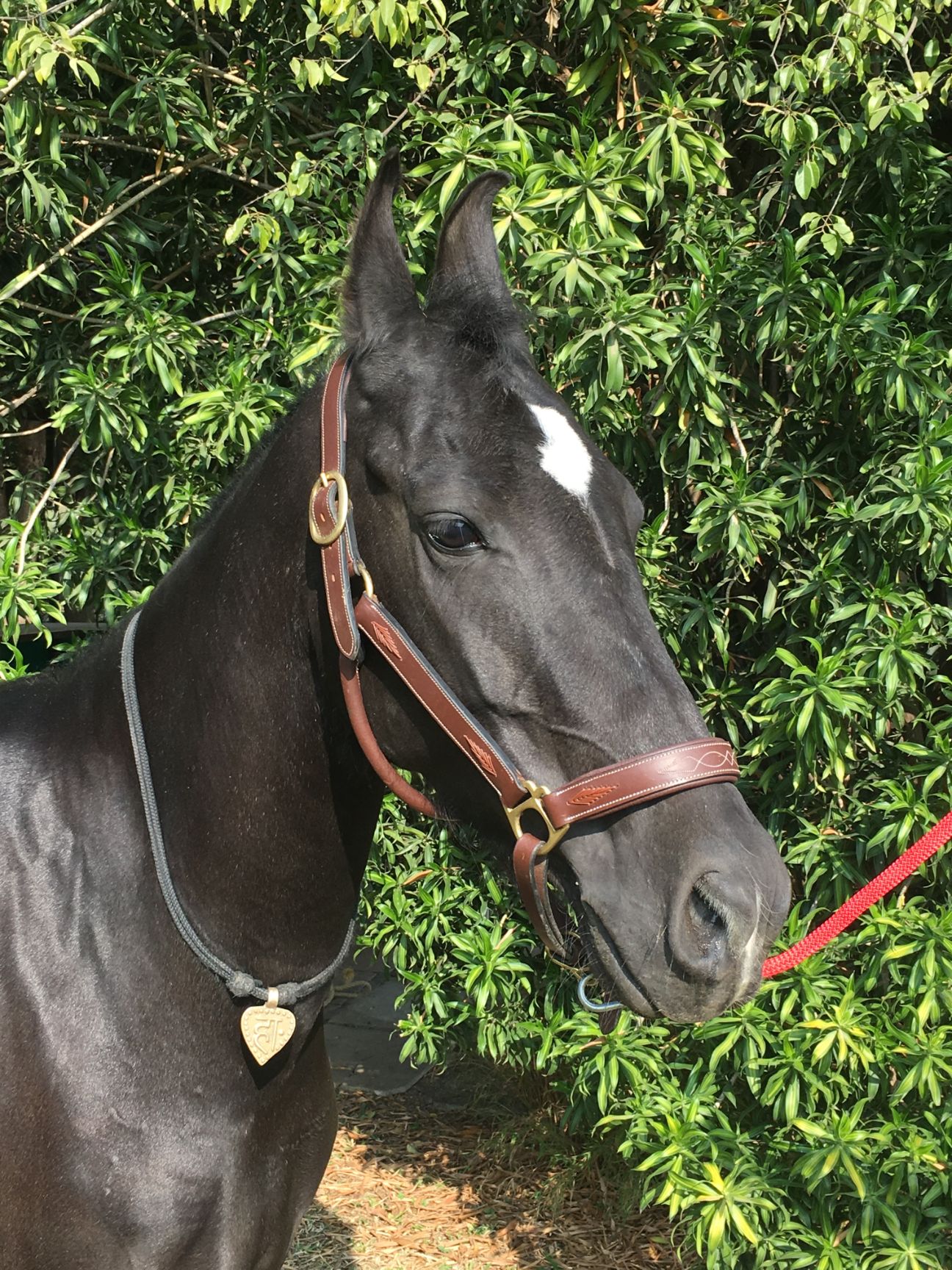
A Marwari horse in all its glory!
4] Amongst all the horses that you see in India, what is it about Marwari horses that you obviously find endearing?
Ranjit: Marwari horses are known throughout the world for their beauty and capabilities at long-distance endurance racing. They originate from a region that has a very harsh climate and have extremely tough living conditions, despite which, they thrive and assist their owner/ mount in every way. Their intelligence and willingness to be led by their keeper, their low-maintenance existence, and their ability to be comfortable in various terrains is what makes them very special.
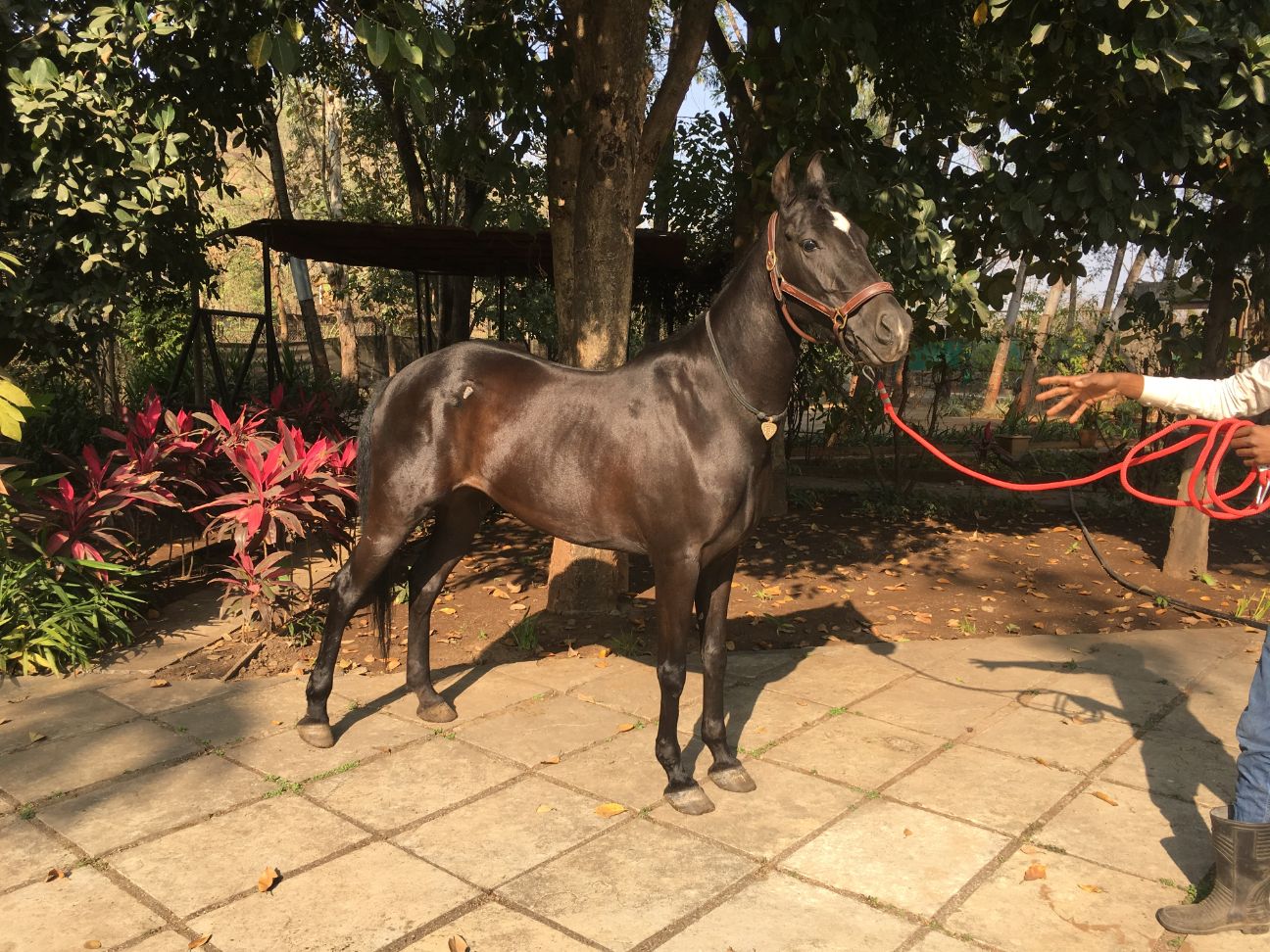
5] Can you tell me more about the ancestry of Marwari horses?
Ranjit: Marwari horses, or Malani horses as they were known earlier, originate from the region of Marwar. The villages, namely Nagar, Gurha, Jasol, Sindhari, Patodi, Bakhasar, some areas of Bhinmal and Sanchore and Sayla Tehsil of Jalor district, are the core areas of the Marwari Breed of horses.
These horses were used in war and there are stories about their valour that have been recorded in both history books and legends alike. In the 12th century, only Rajputs rode these fine horses. They were used in ceremonies as well as special occasions, other than for sports and war.
The British rule in India led to the downfall of this breed as they were more keen on getting their own mounts rather than having locally bred horses. There was a time until very recently that we would have lost this treasure until some breeders decided to bring them back into the mainstream. Raja Bhupat Singhji was responsible for what Marwari horses are today and coined the name Marwari as well. HH Arvind Singhji of Mewar and HH Gaj Singhji of Jodhpur have been the flag-bearers of this breed and preserved them as a part of their heritage. Quite a few horse societies have come up and many breeders have taken to breeding this beautiful and magnificent animal. Presently, they are bred for show, pleasure riding, horse safaris, and endurance racing.
6] How many indigenous horse breeds exist in India?
Ranjit: Out of the ones that are registered, there are Marwari, Kathiawari, Sindhi, Bhimtadi, Zanskari, Spiti, Bhutia, and Manipuri. As you can see, these are all specific to their regions and excel in their utility there.
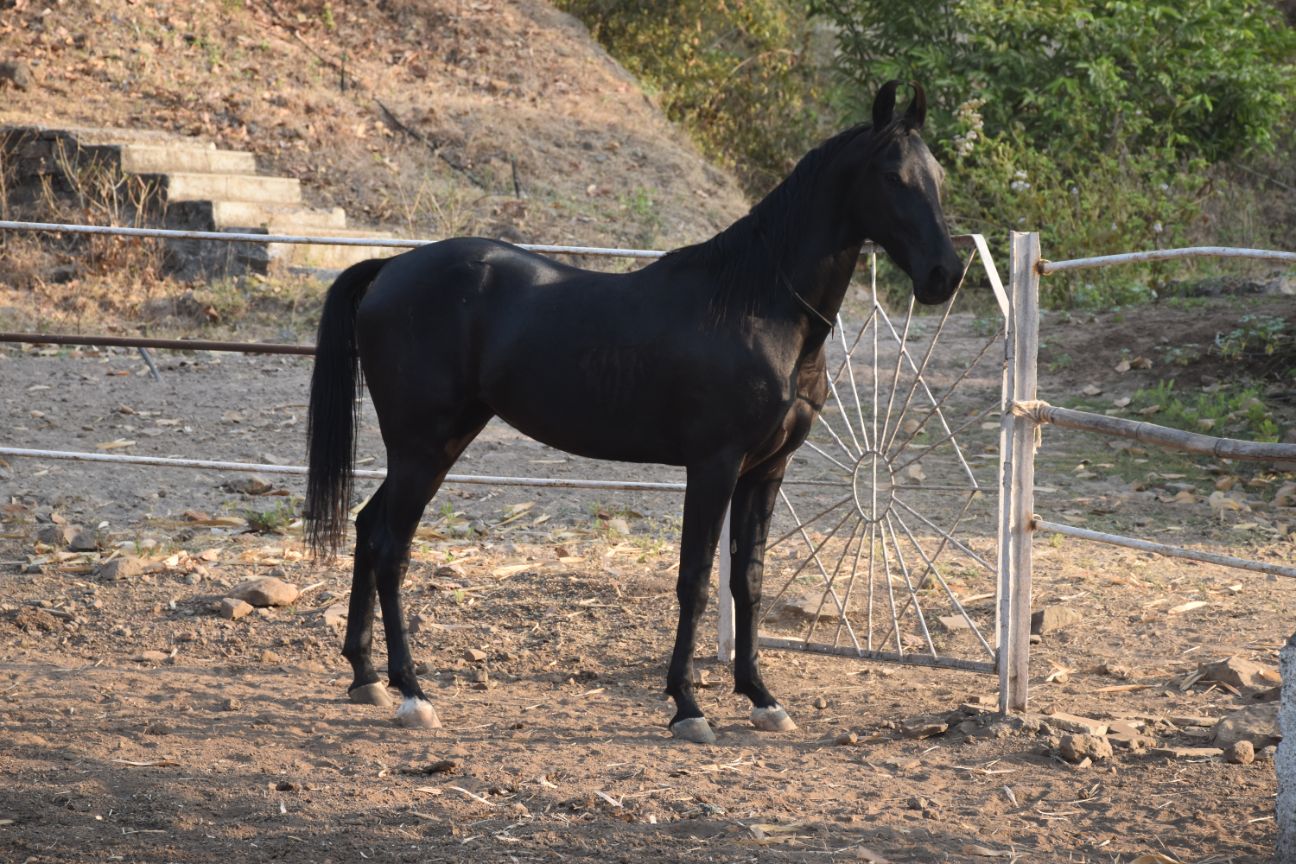
7] If you had to sum up a Marwari horse in three words, what would you say?
Ranjit: Beauty, finesse and grace come to mind right away.
8] Do they possess any specific characteristics?
Ranjit: Yes, the Marwari horse is known primarily for its beauty -- it has a very refined and well-chiselled head, soft muzzle, prominent and strong jaws, large round eyeballs, large round and flared nostrils that allow the intake of air and are very sensitive to smell, long and broad shoulders with a high neck carriage allowing it to see far distances in the desert.
They have a unique inward-turning ear set, where the ears meet at the tip and are very sensitive to sound. This enabled them to be very keen war horses as they could sense danger from afar. They also have a high tail set that gives them a very distinctive and regal look when they are running. Their thin skin allows cooling down in the harsh weather while being ridden over long distances on varied terrain.
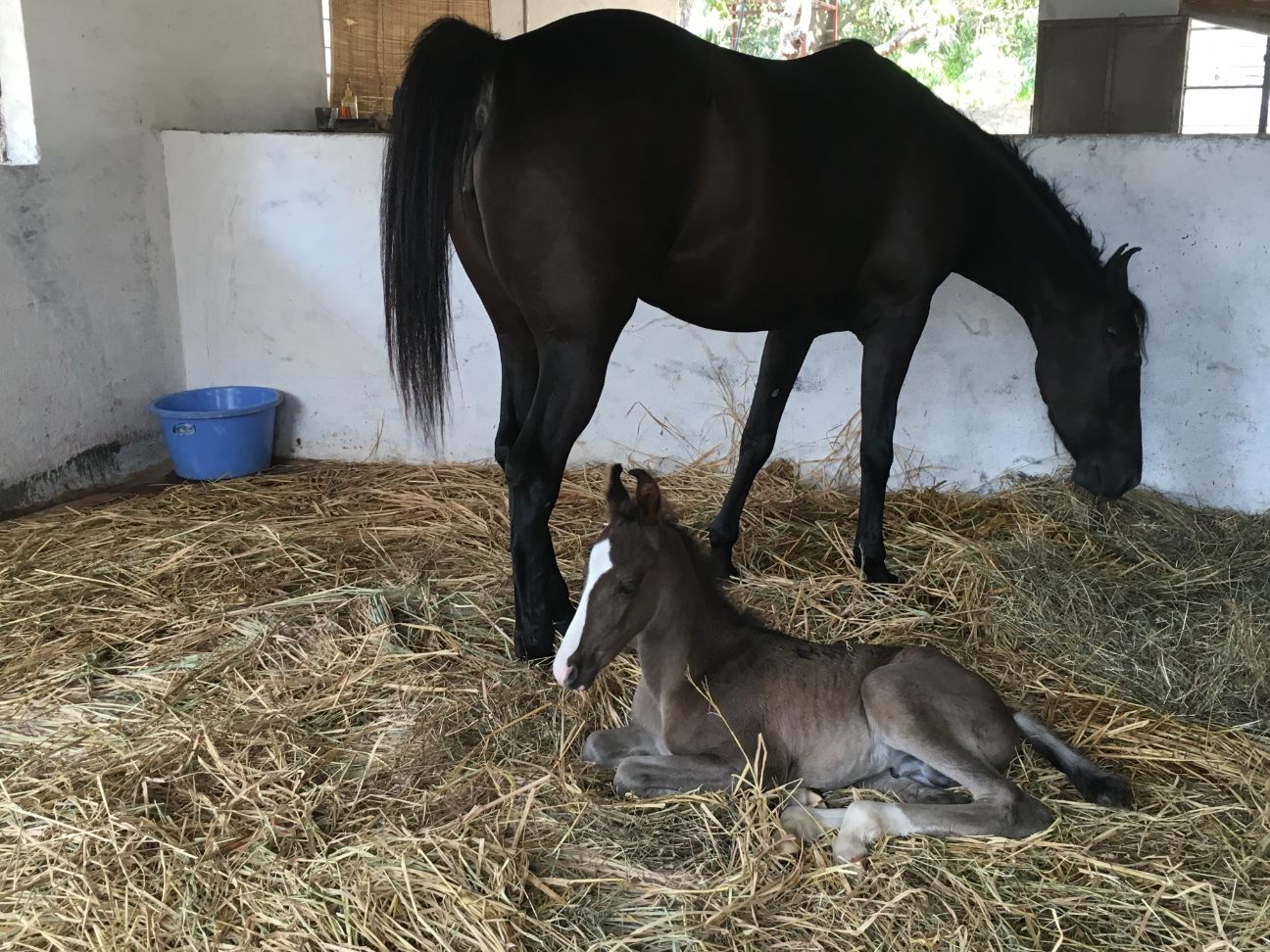
9] What about the nutrition and health aspect -- how demanding is it?
Ranjit: Marwari horses are very resilient. They come from very harsh climates and thrive with the environment that they are in. They feed on locally available forage, the chaff of seasonal crop, and literally any kind of fodder that comes by. They are the most adapted and suited to our weather and therefore do not fall sick easily. Compare that to a thoroughbred horse that I’ve had, I’ve spent more on vet bills than on anything else while I had them!
10] Which horse holds a special place in your heart and why?
Ranjit: All the horses I’ve had have been special. Amongst the Marwaris that I now have, however, is a two-year-old horse named Veer -- he’s the first one that was born at the farm. I have seen him grow and he has ensured that I learn more and more about this breed on a regular basis. I keep myself updated by visiting horse shows and meeting with old and experienced breeders to know more about this phenomenal creature.
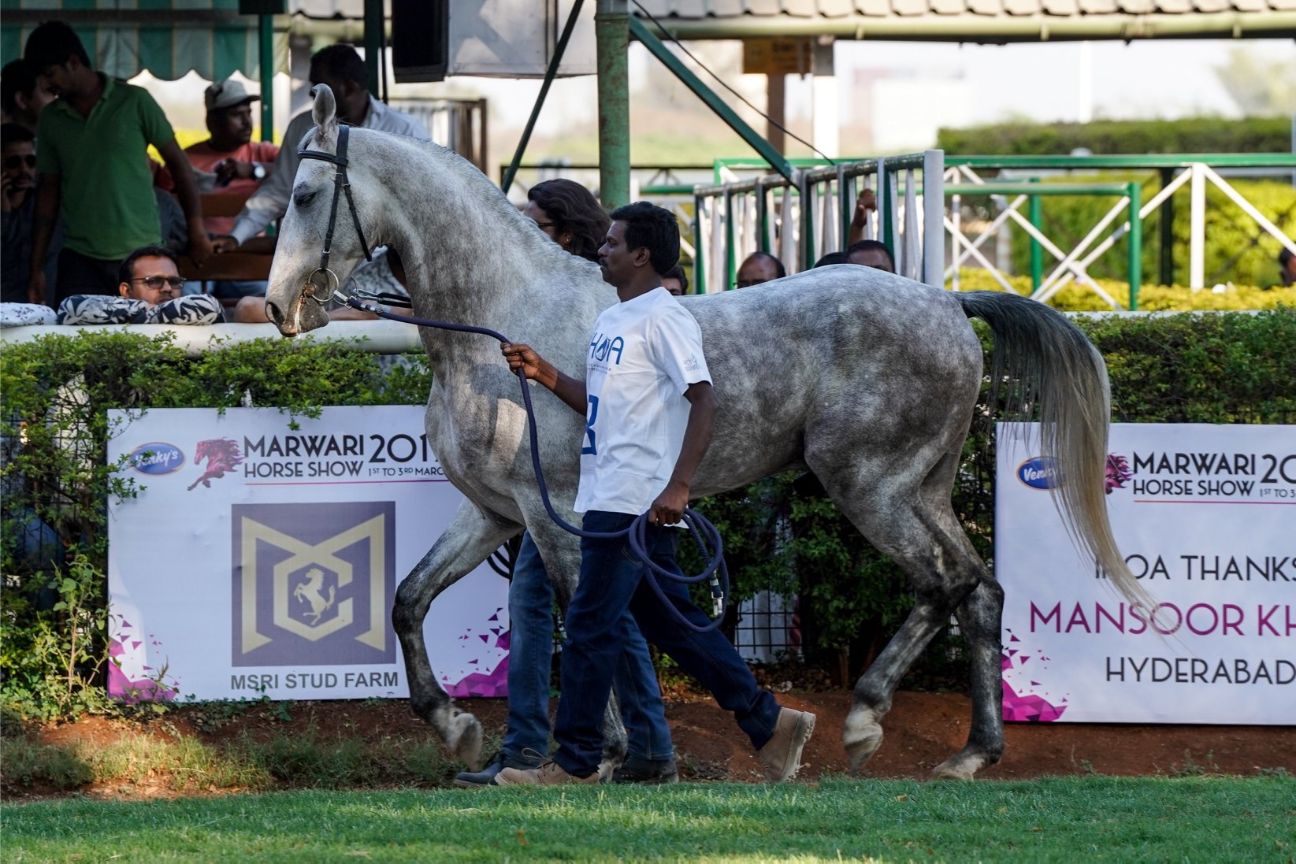
11] What advice would you give someone who is considering getting a horse?
Ranjit: If you don’t have space, buy an aquarium.
If you are doing it for status, buy yourself a fancy car.
If you want an animal that can communicate with you, that you can ride and spend time with, that you’d wish to perhaps breed and preserve its lineage, get yourself a Marwari horse… you won’t regret it! They are very quick on the uptake, easy to handle, wonderful under the saddle, and to sum up in the words of Sir Winston Churchill: “There is something about the outside of a horse that is good for the inside of a man.” This holds true for every breed of horse. However, I must warn that they are addictive, to say the least!